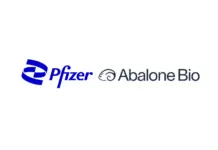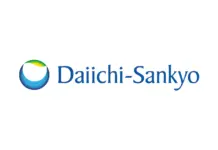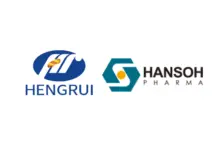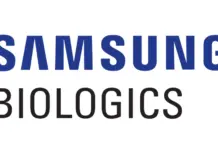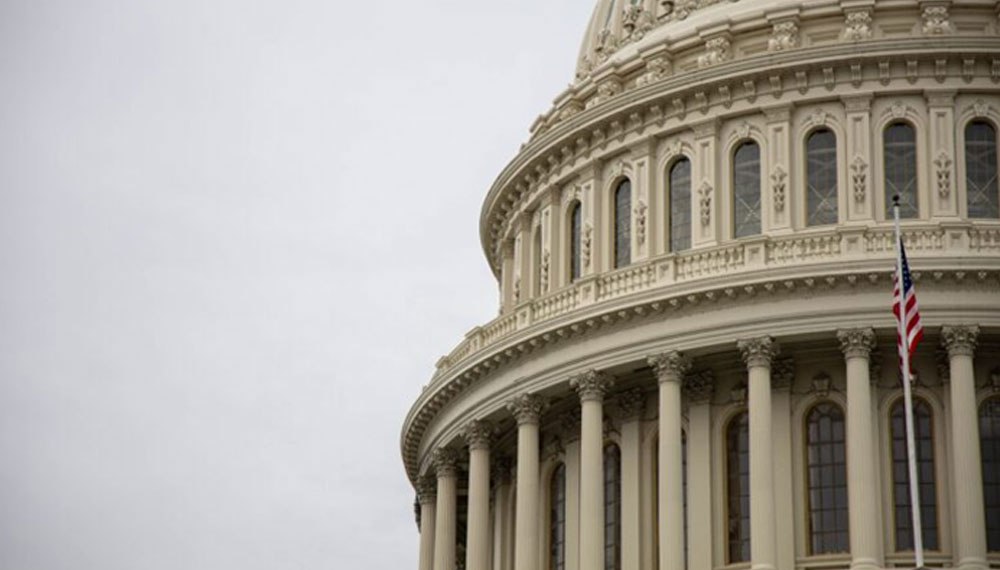Could the Senate adopt a “watershed” bill allowing drug price discussions after years of government inaction regarding medication prices in the U.S.? Analysts are busy studying the information at hand to determine how the legislation would impact the leading companies in the sector, but much remains to be seen.
According to analysts with SVB Securities, four major pharmaceutical companies- Eli Lilly, AstraZeneca, AbbVie, and Johnson & Johnson, are highly exposed to the current Medicare bargaining plan. Medicare is where the firms market a variety of valuable oncology and diabetic medications.
As drafted, the measure would allow Medicare to control drug pricing for 10 medications in 2026, increasing to 60 by 2029, according to the experts. As stated by the SVB team, Medicare would only regulate Part D drug prices in 2026 and 2027, but in 2028 it would be able to bargain for prices in Part B, where clinicians administer medicines.
Depending on whether they are small molecules or biologics, medications would become acceptable for Medicare negotiations following nine or thirteen years on the market. But the SVB analysts noted that because pharmaceutical firms frequently obtain exclusivity for far longer periods of time than both nine and 13 years, the bill runs the risk of severing the tail of lucrative medication sales. Darzalex, a medication for multiple myeloma, as well as the cancer treatments Tagrisso and Calquence from AstraZeneca, are among the medications that could lose their “tail” in the future.
Medicare would no longer attempt to negotiate rates for medications that have generic or biosimilar competitors, the SVB team noted.
The SVB analysts expressed their concern in a report, saying that they are concerned about the detrimental effect of the pending bill on future innovation and the finances connected with some of the most useful pharmaceuticals for Medicare consumers. Innovators’ desire to create new treatments, in particular small-molecule therapy for seniors, would probably decline. Not to mention that the finances for several drugs will be reduced before the loss of exclusivity.
Because biosimilar versions of Merck’s top-selling oncology medication Keytruda are anticipated to hit the market in 2028, the first year that Part B drugs will be covered, the analysts pointed out that Merck doesn’t have significant exposure to the idea.
But the discussions are still shrouded in mystery. Analysts are awaiting the final legislation as well as word on the Senate parliamentarian’s position on the bill’s teeth, which would provide Medicare negotiation leverage. And it’s uncertain whether the Senate will be able to enact the legislation before it breaks for the week at its conclusion.
Biopharma has defended itself as recent congressional debates have progressed. The Medicare negotiation proposal was branded misguided and would end up harming the very patients and seniors that legislators claim to be helping, according to the president and CEO of the trade organization, the Biotechnology Innovation Organization, Michelle McMurry-Heath, who made this statement in July.
In their analysis of the information provided, the SVB researchers identified two positive aspects and five downsides for the pharmaceutical business. On the plus side, the analysts noted that because of their anticipated loss of monopoly later in the decade, many of today’s top medications do not face significant exposure. Furthermore, since Part B pharmaceuticals won’t be added until 2028, many currently popular treatments won’t experience much of a change.
Analysts estimate that for the industry, the drawbacks outweigh the advantages. For starters, the additional reductions would be applied to gross costs, although businesses already provide Medicare with large rebates. According to the SVB team, this could require businesses to make large payments to the government relative to their stated net sales.
Furthermore, substantial danger would exist for goods like CAR-T treatments and vaccinations, which were anticipated to be secure from biosimilar competition.
SVB has a long list of issues, but the team also cautioned that if the bill is passed, the government may become more active in the future on medicine pricing.
Despite the popularity of the issue among voters, lawmakers and American leaders have been publicly criticising excessive prescription prices for years without being able to accomplish any reform. Eight out of ten Americans supported government drug price initiatives in June, according to a West Health/Gallup survey, despite worries that the reform might hamper pharmaceutical innovation.









